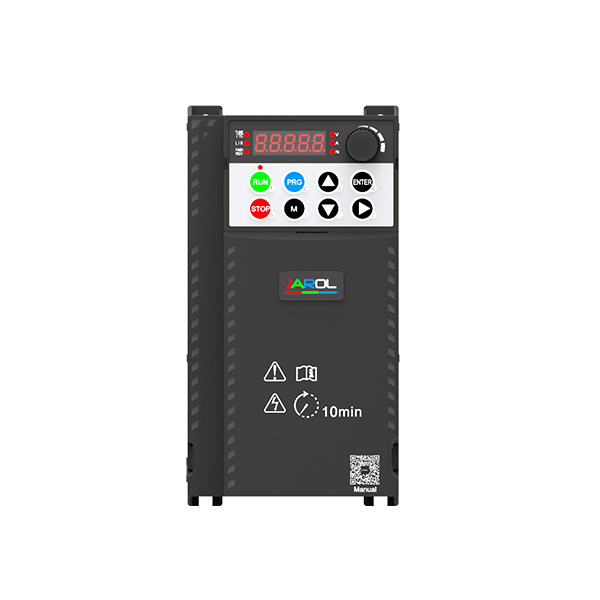Unleashing Efficiency: Advantages of High-Performance Frequency Converters in Industrial Processes
2024-03-13
In today's dynamic industrial landscape, where efficiency, productivity, and sustainability reign supreme, businesses are constantly seeking innovative solutions to optimize their processes and stay ahead of the competition. High-performance frequency converters emerge as game-changers in this quest, offering a multitude of advantages that revolutionize industrial processes and drive success. In this blog, we'll explore the numerous benefits of integrating high-performance frequency converters into industrial operations and how they propel businesses towards greater efficiency and profitability.
1. Precise Speed Control:
High-performance frequency converters provide precise control over motor speed and torque, enabling industrial processes to operate at optimal efficiency levels. By adjusting motor speed to match the specific requirements of the application, frequency converters eliminate energy wastage associated with running motors at constant speeds, resulting in significant energy savings and reduced operating costs.
2. Flexibility and Adaptability:
Unlike traditional fixed-speed motors, which are limited to a single operating speed, frequency-controlled motors offer unparalleled flexibility and adaptability to varying load conditions. High-performance frequency converters allow motors to operate at variable speeds, accommodating changes in production requirements, process demands, and environmental conditions with ease. This flexibility enables businesses to optimize their processes, improve productivity, and respond quickly to evolving market trends and customer demands.
3. Enhanced Efficiency and Productivity:
By optimizing motor speed and power consumption, high-performance frequency converters improve overall system efficiency and productivity. Whether it's increasing throughput in manufacturing operations, reducing cycle times in material handling processes, or improving accuracy and precision in machining applications, frequency-controlled motors deliver superior performance and reliability, driving efficiency gains and boosting competitiveness.
4. Soft Starting and Stopping:
Traditional motor starters, such as direct-on-line (DOL) starters or star-delta starters, often result in sudden spikes in energy consumption and mechanical stress on equipment during motor starting and stopping. High-performance frequency converters facilitate soft starting and stopping of motors, gradually ramping up or down motor speed to minimize energy spikes and mechanical wear. This gentle starting and stopping process improves equipment reliability, extends motor lifespan, and reduces maintenance costs.
5. Energy Savings and Cost Reduction:
By optimizing energy usage and minimizing waste, high-performance frequency converters deliver substantial energy savings and cost reductions for businesses. Whether it's reducing electricity bills, lowering maintenance expenses, or increasing equipment lifespan, the financial benefits of integrating frequency converters into industrial processes are undeniable. Additionally, many frequency converters offer advanced energy optimization features, such as automatic energy optimization algorithms and regenerative braking capabilities, further enhancing energy efficiency and maximizing savings.
6. Improved Process Control and Quality:
High-performance frequency converters enable precise control over motor speed, torque, and acceleration, resulting in improved process control and product quality. Whether it's maintaining consistent speed and tension in web handling applications, controlling flow rates in pumping systems, or achieving precise positioning and motion control in robotics, frequency-controlled motors ensure superior performance and reliability, leading to higher-quality products and satisfied customers.
7. Compliance with Environmental Regulations:
In an era of increasing environmental awareness and regulatory scrutiny, businesses are under pressure to reduce their carbon footprint and minimize environmental impact. High-performance frequency converters help businesses achieve these goals by optimizing energy usage, reducing emissions, and promoting sustainability. By adopting energy-efficient technologies such as frequency converters, businesses can demonstrate their commitment to environmental stewardship and meet regulatory requirements, enhancing their reputation and brand value.
In conclusion, high-performance frequency converters offer a multitude of advantages that revolutionize industrial processes and drive success in today's competitive marketplace. From precise speed control and flexibility to enhanced efficiency and productivity, frequency converters empower businesses to optimize their operations, reduce costs, and stay ahead of the curve. As businesses continue to prioritize efficiency and sustainability, high-performance frequency converters will play an increasingly vital role in shaping the future of industrial automation and driving innovation across industries.


